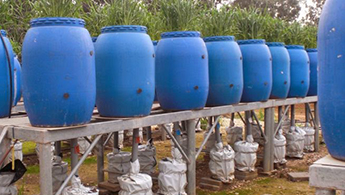Water Solutions
Solutions for a Water-Starved World
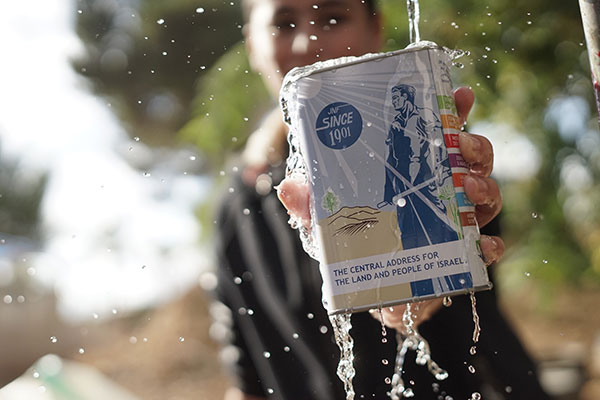
RESERVOIRS
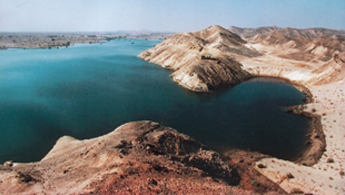
WATER DRILLINGS
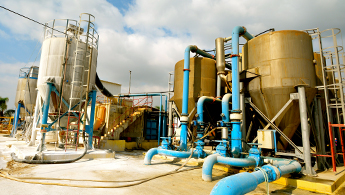
Halutza was founded in 2005 by a group of families who established three communities: Naveh, Atzmona, and Netzarim. Located in the northwest Negev on Israel’s borders with Egypt and Gaza, these pioneers chose to move to this remote corner of the desert—secluded from the national water grid —to a land which had never been inhabited or farmed—because they saw the development of the Negev as Israel’s next national mission and wanted to participate in building our nation.
The water that is currently supplied to the communities of Halutza is desalinated water—the most expensive type of water—making the agricultural yields unprofitable. Locating and producing a more cost efficient water is a condition of agriculture continuing in this region. JNF is working with the communities of Halutza on a two-phase research and drilling project that will provide the region with water of good quality for a much lower cost.
RECYCLING
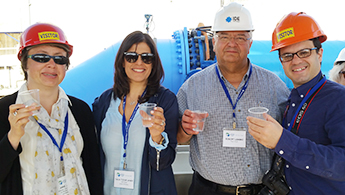
RIVER REHABILITATION
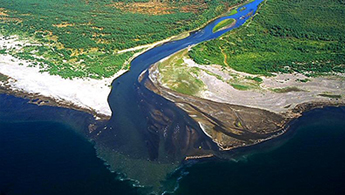
RESEARCH & DEVELOPMENT
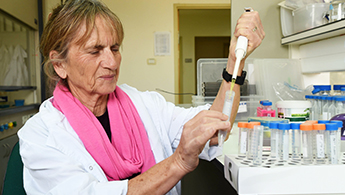
Jewish National Fund's contribution towards helping alleviate Israel’s water crisis is not limited to building reservoirs. Cutting-edge research is critical for efficient water usage. Research must also be translated into action and JNF is working towards implementing the findings across Israel and turning it into reality. Successes thus far include the Shamir Wells Research, the largest natural underground water resource of the past decade in Israel; the Hula Basin, which is a vital component of Israel’s natural water economy; the Besor River Basin Rehabilitation; and MYWAS, the Multi-Year Water Allocation System which is a national water management model designed to achieve the most efficient water resource management possible.
JNF is also involved in numerous projects of R&D as it pertains to water for agriculture. In the arid climate of the
EDUCATION
